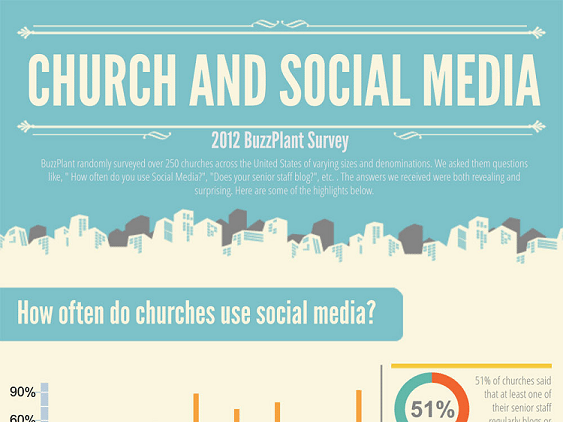Examining The Deep-Rooted Background And Persistent Impact Of Catholic Schools Internationally
Examining The Deep-Rooted Background And Persistent Impact Of Catholic Schools Internationally
Blog Article
Team Writer-Sheehan Cleveland
When you think about the history of education and learning, Catholic schools stick out for their ingrained customs and enduring influence. These institutions began as a way to instill faith and values, but they have actually adapted remarkably over centuries. Highly recommended Online site , they play an important duty fit not simply academic success but additionally moral integrity. What's fascinating is how they've taken care of to prosper in the middle of changing cultural landscapes, raising questions about their future relevance and impact.
The Origins of Catholic Education And Learning: A Historical Perspective
Catholic education traces its roots back over 1,500 years, when very early Christian communities recognized the requirement for organized learning. You'll locate that these communities aimed to hand down their belief and values with education.
Monasteries and sanctuary colleges came to be facilities of understanding, nurturing both spiritual and intellectual growth. As you delve much deeper, you'll see that the curriculum frequently included approach, theology, and the liberal arts, developed to develop versatile people.
With time, the Church established more official organizations, making certain that education and learning remained easily accessible to all. The dedication to mentor ethical values and cultivating a sense of neighborhood has actually lingered with the centuries, forming the academic landscape and influencing plenty of lives worldwide.
This long-lasting heritage remains to motivate Catholic education today.
The Advancement of Catholic Institutions Via Cultural Contexts
As societies advanced, so did the duty of Catholic schools, adjusting to the cultural contexts in which they existed. In the very early years, these institutions concentrated mostly on spiritual guideline, yet as neighborhoods branched out, they started to include local languages, customizeds, and academic needs.
You 'd discover that Catholic institutions typically ended up being facilities for social communication, cultivating a sense of belonging amongst students from various histories. In several areas, they addressed social concerns, such as hardship and discrimination, by supplying easily accessible education and learning for all.
As you check out different societies, you'll see exactly how Catholic colleges have shifted their educational program and mentor techniques, mirroring the worths and challenges of their settings while remaining true to their foundational mission of belief and scholastic excellence.
The Modern Role and Impact of Catholic Schools in Society
In today's world, Catholic schools play a crucial duty in shaping not just the educational landscape, however likewise the wider neighborhood.
https://telegra.ph/Lots-Of-People-Wonder-Regarding-Just-How-Catholic-Education-And-Learning-Motivates-All-Natural-Development-Yet-The-True-Impact-O-06-14 'll discover that these establishments stress worths like respect, concern, and social justice, cultivating well-shaped individuals who contribute favorably to culture. By concentrating on see here now and ethical growth, Catholic institutions prepare pupils for future difficulties, nurturing critical thinking and leadership abilities.
They often serve diverse populaces, connecting voids in access to top quality education and learning. Furthermore, you could observe their dedication to service, urging pupils to engage in area outreach and volunteer work.
This blend of education and learning and ethical advice makes Catholic colleges a considerable pressure, cultivating liable people that can affect their areas right.
Conclusion
Finally, Catholic schools have a rich background that's shaped their enduring impact on culture. You've seen how they've adjusted to different cultural contexts while maintaining a dedication to belief, values, and academic excellence. Today, they continue to play a vital function in cultivating community, promoting social justice, and nurturing responsible residents. As you assess their tradition, it's clear that Catholic colleges continue to be a powerful pressure for favorable change on the planet.
